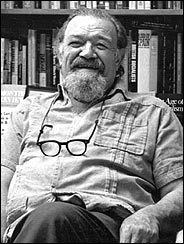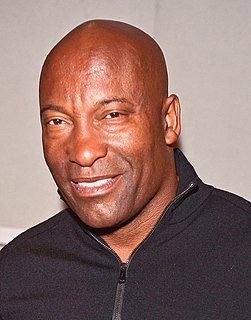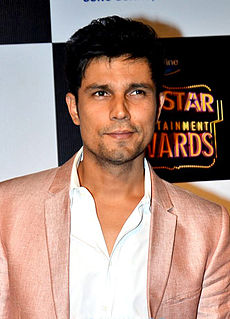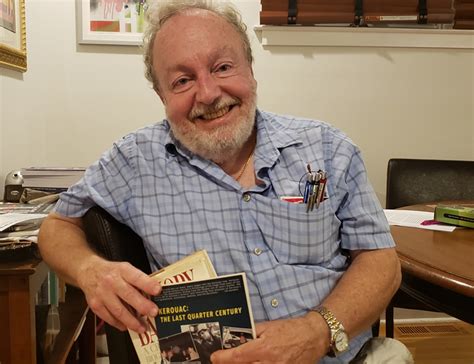A Quote by Aristotle
The best tragedies are conflicts between a hero and his destiny.
Related Quotes
Mao challenged the idea that economic planning would dissolve conflicts of interest among the people. He saw it dialectically - conflicts between intellectuals and manual workers, between the city and the countryside, stratification in the party and society. He said it was necessary to struggle to overcome these differences whether it takes 100 or 500 years.
The American president increasingly used his influence to create conflicts, intensify existing conflicts, and, above all, to keep conflicts from being resolved peacefully. For years this man looked for a dispute anywhere in the world, but preferably in Europe, that he could use to create political entanglements with American economic obligations to one of the contending sides, which would then steadily involve America in the conflict and thus divert attention from his own confused domestic economic policies.
Kerouac's books portray a hero and narrator free and easy, confident, sure of his rebellion against the American system. In reality, Jack was torn between Catholicism, Buddhism, and his own demon-driven pursuit of kicks, between spirit and flesh, between mom's house and the Beat coffeehouse, patriotism and subversion, men and women, society and solitude, carousing and meditation, sacred and profane, secular and divine. It's a miracle he survived as long as he did.









































